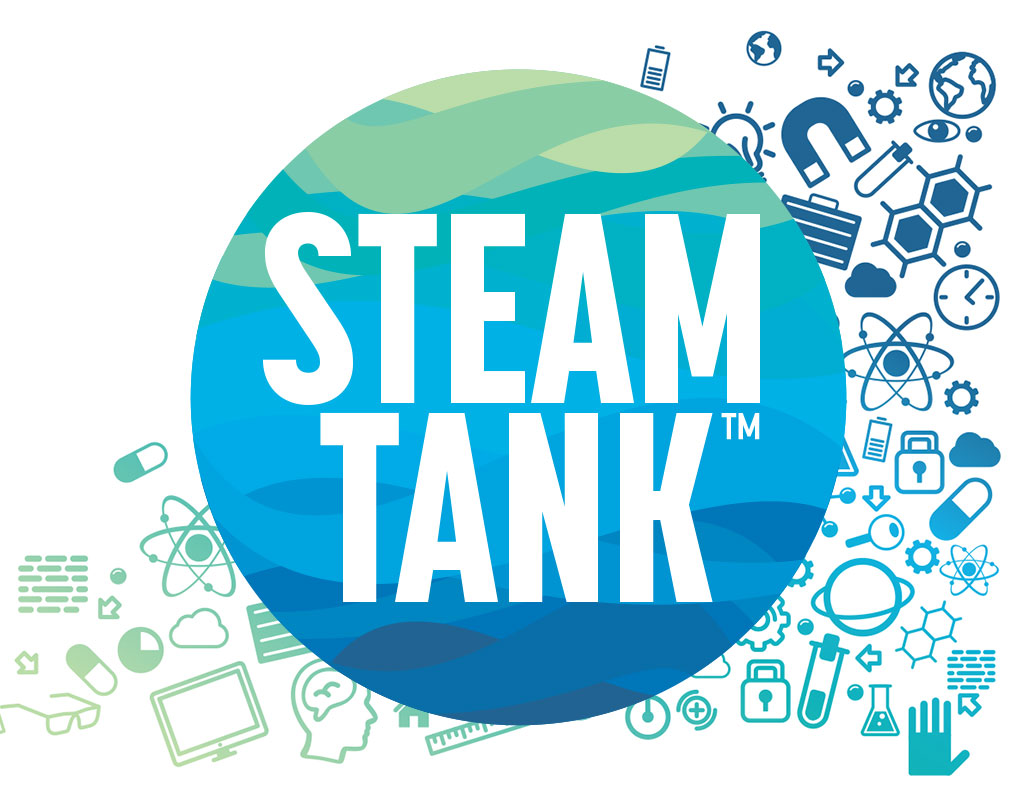
Leaders from the education community introduced the New Jersey Climate Change Education Hub, an online portal to connect K-12 educators to the resources they need to integrate climate change into their curriculum across subject areas and grade levels, during a June 23 Facebook Live event.
“This hub will be an invaluable resource to educators, administrators and board members who are determined to make sure new learning standards surrounding climate change education are met,” said Dr. Lawrence S. Feinsod, executive director of the New Jersey School Boards Association. “NJSBA is proud to have played a role in developing the hub and providing guidance to school districts on teaching students about climate change.”

Patrice Maillet, acting deputy executive director of the NJSBA, greeted attendees during the Facebook Live event. She hailed the hub as an example of what can be accomplished when forward-looking organizations collaborate.
The hub, she said, is an example that shows NJSBA and its partners are “meeting the moment” to support school districts. “To have the ability to come together with no other motive other than how can we best serve schools has been such an honor for me and an incredible learning opportunity,” she said.

Randall Solomon, executive director of Sustainable Jersey, noted that the hub was created as part of the New Jersey Climate Change Education Initiative, which is a coalition of nonprofit and higher education institutions including Sustainable Jersey, NJSBA, The College of New Jersey’s School of Education, New Jersey Audubon and the National Wildlife Federation.
In June 2020, New Jersey became the first state in the nation to incorporate K-12 climate change education across content areas when the State Board of Education adopted the 2020 New Jersey Student Learning Standards. The launch of the New Jersey Climate Change Education Hub provides educators with foundational resources aligned to the new learning standards, and to the students’ grade and subject area. The hub will help schools to effectively teach climate change and implement the Climate Change Education Student Learning Standards from the New Jersey Department of Education.
“It is going to be a process to get climate change education meaningfully integrated and taught in New Jersey schools in such a way to meaningfully contribute to our ultimate aim of defeating climate change and adapting to the climate change that is going to happen,” Solomon said.
The hub, however, is a step toward getting the education community to come together so that every student can learn about climate change, he said.

Also speaking during the Facebook Live event was Dr. Lauren Madden, a professor of education at TCNJ, who wrote the recently released “Report on K-12 Climate Change Education Needs in New Jersey.” The guidance in that report will serve as a key resource for the school community to successfully navigate new learning standards adopted in June 2020 that made New Jersey the first state to incorporate K-12 climate change education across content areas.
Madden outlined four key areas to support teachers in meeting climate change education standards: providing curriculum resources, professional development, supporting communities in making sure climate change education is a community initiative; and supporting administrators and school boards in meeting new standards in a holistic way that elevates the voice of everyone at the table.

Margaret Wang, co-founder and chief operating officer of Subject to Climate, capped off the event by providing attendees with a virtual tour of the new portal.
She noted that the portal’s resources are from a variety of content providers, and it includes filters so educators can search for New Jersey specific materials. You can search for resources by provider, and there is also a keyword search function.
For example, if you’re looking for information on “flood damage,” a search brings up 68 different resources, including videos, articles and lesson plans, she said. Every resource has been reviewed by a teacher and a scientist, and users can ask questions as needed, she said.
The portal includes professional learning opportunities for educators to bolster their foundational knowledge on climate change, Wang noted. There are numerous articles and guides on how to integrate knowledge into the classroom.
“We are very hopeful that this will be a tool to help teachers and educators, and we are looking forward to hearing from New Jersey educators on how to improve the offering,” she said.
Michael Kvidahl, manager of digital communications and marketing at NJSBA, served as moderator throughout the Facebook Live event.
Visit the New Jersey Climate Change Education Hub.
Read our news release with more details on the benefits of the hub.
If you missed the Facebook Live session, watch it here.

